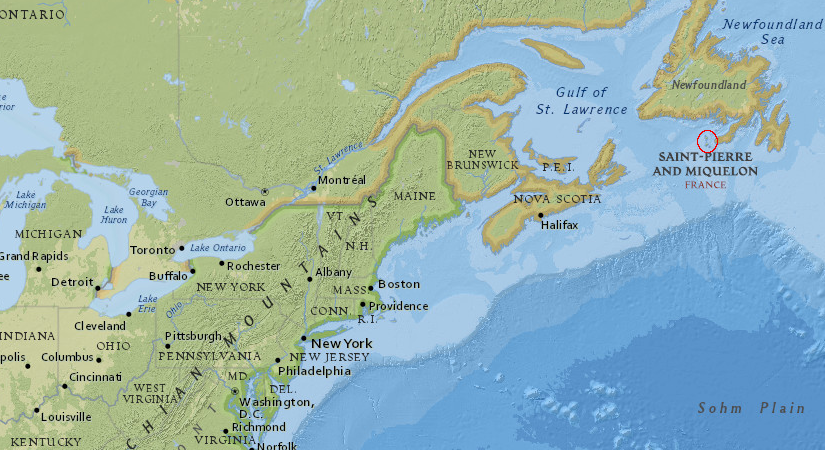Federal Transit Administration (FTA)
49 U.S.C. § 5323(j); 49 C.F.R. Part 661 (Buy America Requirements);
(See 60% Domestic Content for buses and other Rolling Stock)
Buy America
No funds may be obligated by FTA for a grantee project unless all iron, steel, and manufactured products used in the project are produced in the United States.
Waivers
The Administrator may waive the general requirements if the Administrator finds that:
(1) It would be inconsistent with the public interest;
(2) The materials for which a waiver is requested are not produced in the United States in sufficient and reasonably available quantities and of a satisfactory quality;
(3) The inclusion of a domestic item or domestic material will increase the cost of the contract between the grantee and its supplier of that item or material by more than 25 percent.
Rolling stock procurements
(a) The Buy America provisions do not apply to the procurement of buses and other rolling stock (including train control, communication, and traction power equipment), if the cost of components produced in the United States is more than 60 percent of the cost of all components and final assembly takes place in the United States.
Other
Labor costs involved in final assembly are not included in calculating the cost of components
U.S. international obligations (World Trade Organization Government Procurement Agreement, U.S. Free Trade Agreements, U.S.-EC Exchange of Letters [May 15, 1995], and Canada-U.S. Agreement on Government Procurement) do not apply. Read about
international agreement obligations.
Post only “public interest” waivers in Federal Register.
Back to top
Updated: Wednesday, March 4, 2015






